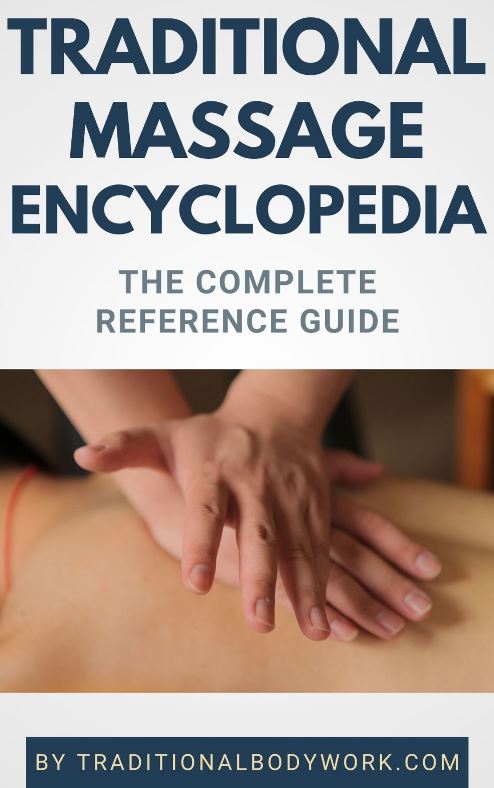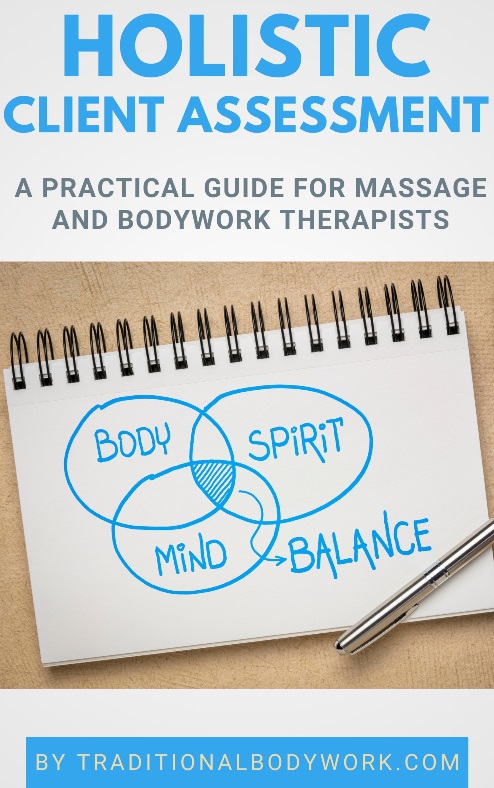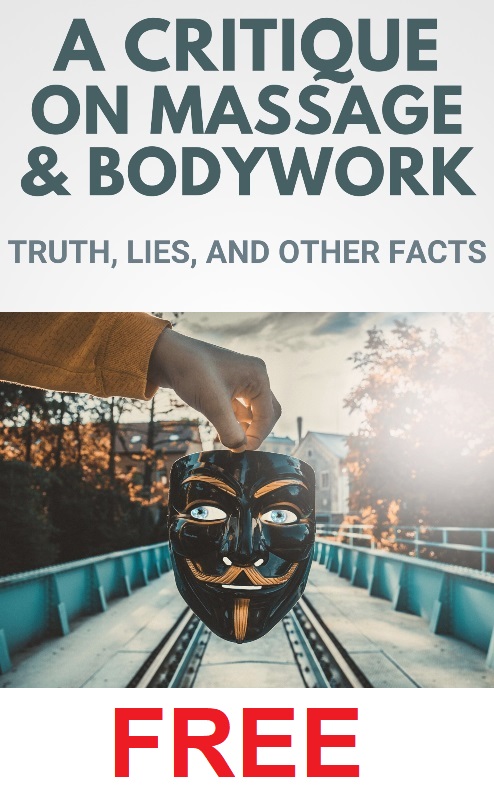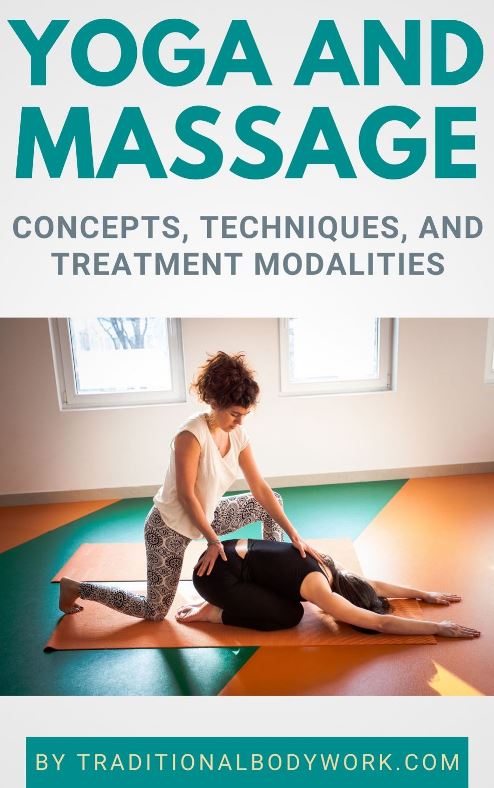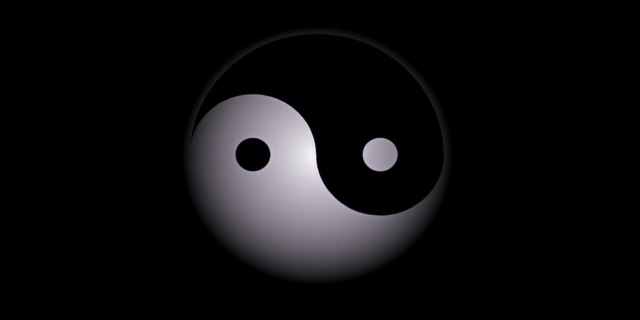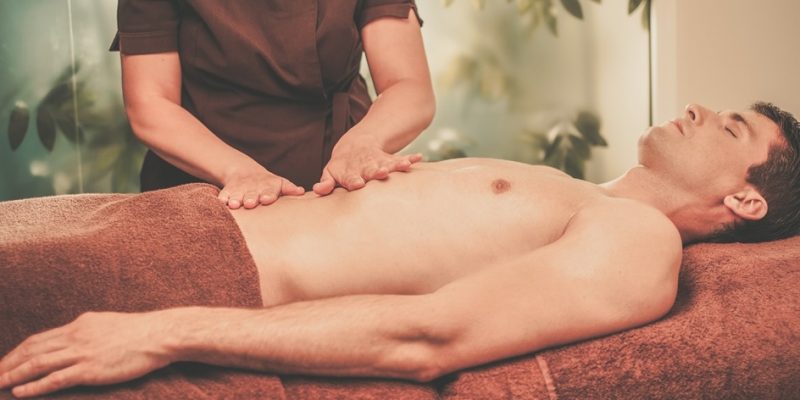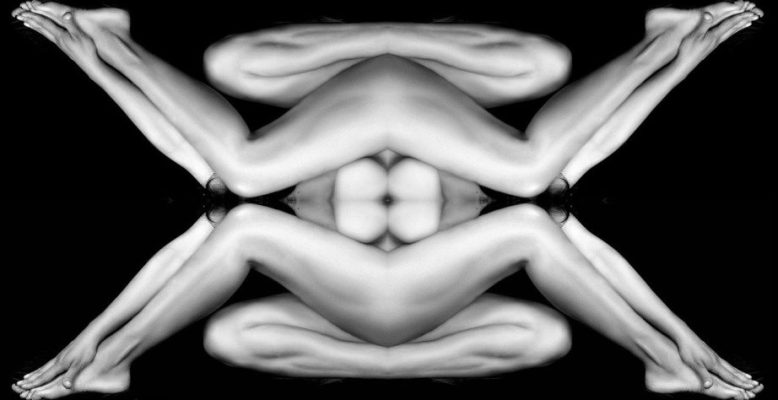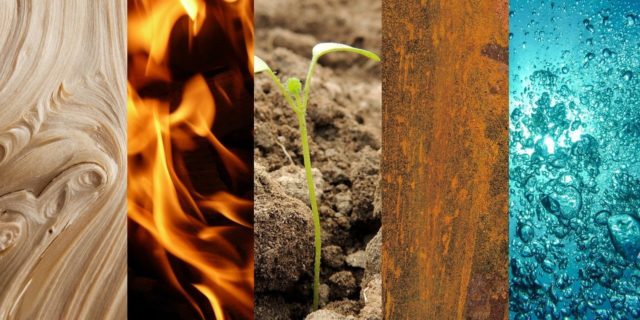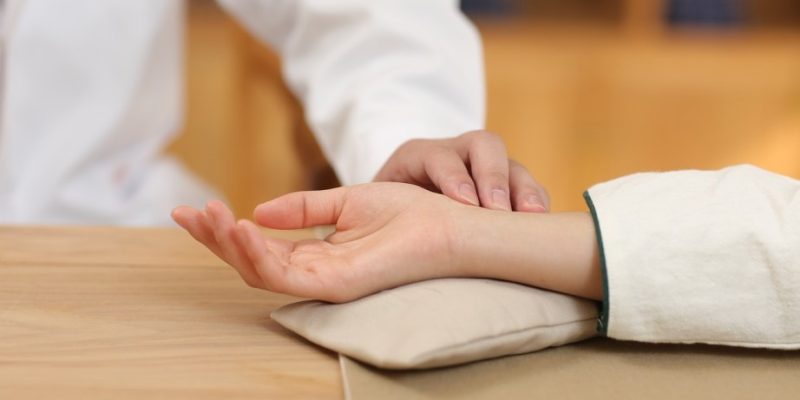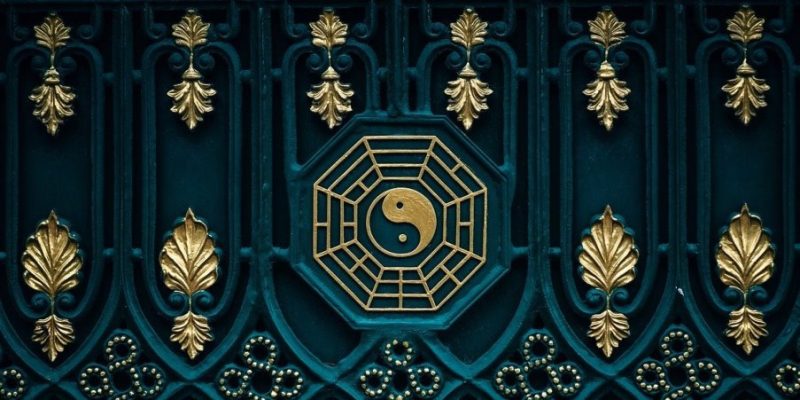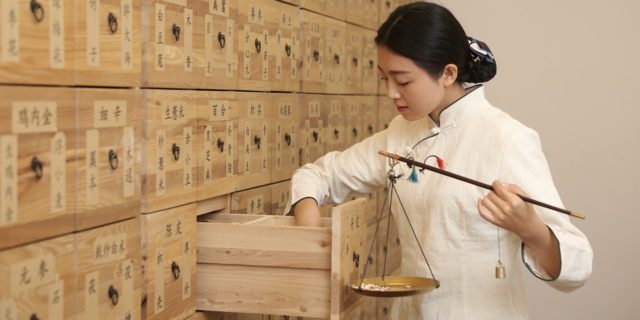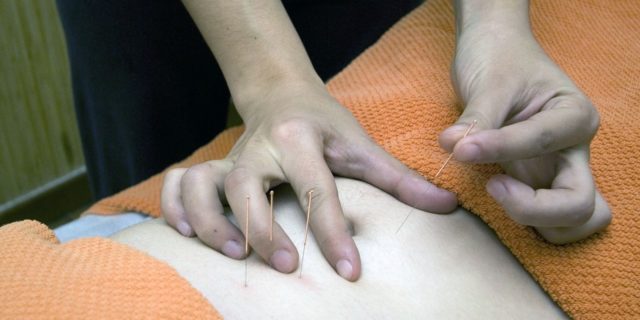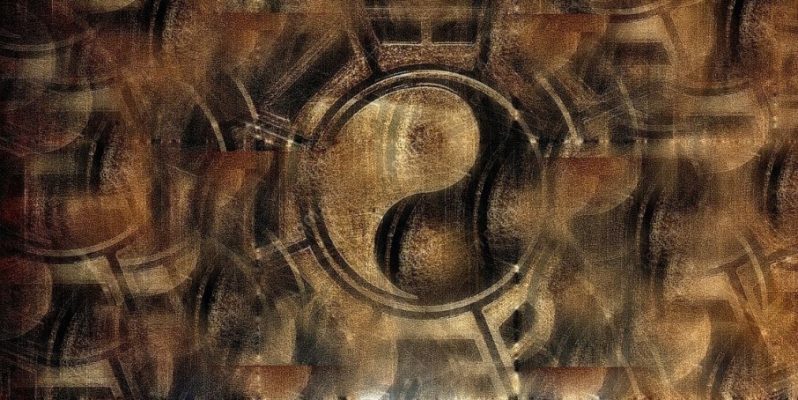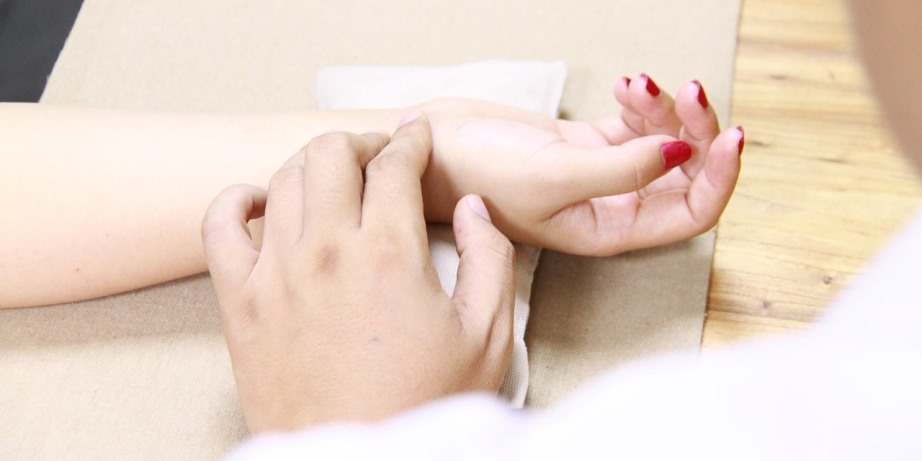
To come to a diagnosis in Traditional Chinese Medicine (TCM) the therapist uses sensory perceptions to gather clinical information to subsequently analyze and interpret this data with the help of TCM principles. This is usually done without resorting to any mechanical equipment.
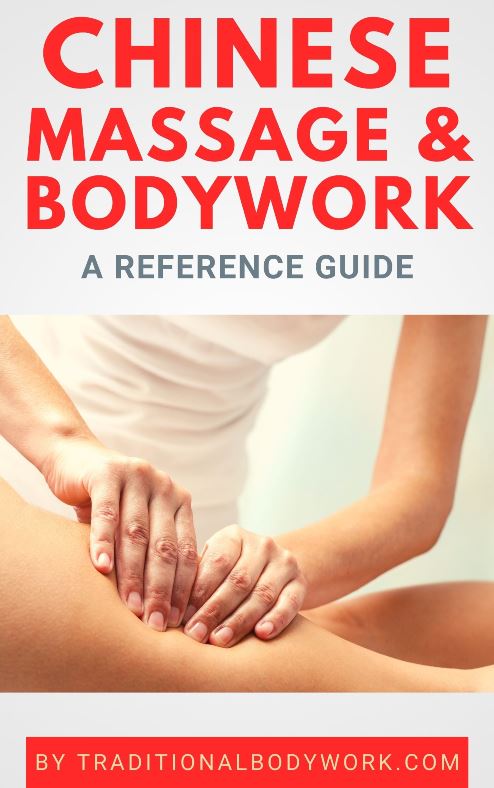
Chinese sensory diagnostic techniques are for instance analysis of the iris, the tongue, and the pulse. Usually, TCM practitioners perform their assessment through four diagnostic methods: visual inspection (tongue, complexion, etc.), listening and smelling (breath, odors, excretions, etc.), inquiry (talks, medical history, etc.) and palpation (feeling, tapping, pressing, etc.).
One of the core ideas in TCM is that the interior of a human being is related to the exterior, and the exterior to the interior. Thus, pathological changes inside the human body are reflected externally as irregularities of complexion, spirit, appearance of the tongue, pulse rate, smells, and so on.
TCM doctors refer to this as “determining the internal disturbance by observing external signs.” Another technique of diagnosis originates from the idea that if changes happen in the organs or any part of the body, a tender point would appear in the corresponding acupuncture pressure point on the TCM Meridians (Energy Channels). Hence, if one can discern this tender or sensitive point, one can know what internal organ or part of the body has health issues.
Although the above may seem rather easy, the hard part is to interpret the data gathered. Here, a rather large and complex number of TCM principles are taken into consideration, such as Yin-Yang, Hot-Cold, Excess-Deficiency, the Five Elements, the Zang-Fu organs, pathogenic factors (environmental influences), and the Qi Meridians, to name some of the key principles.

